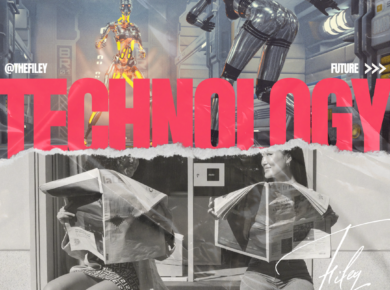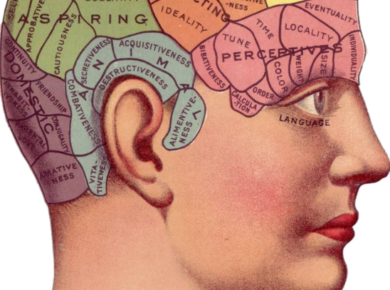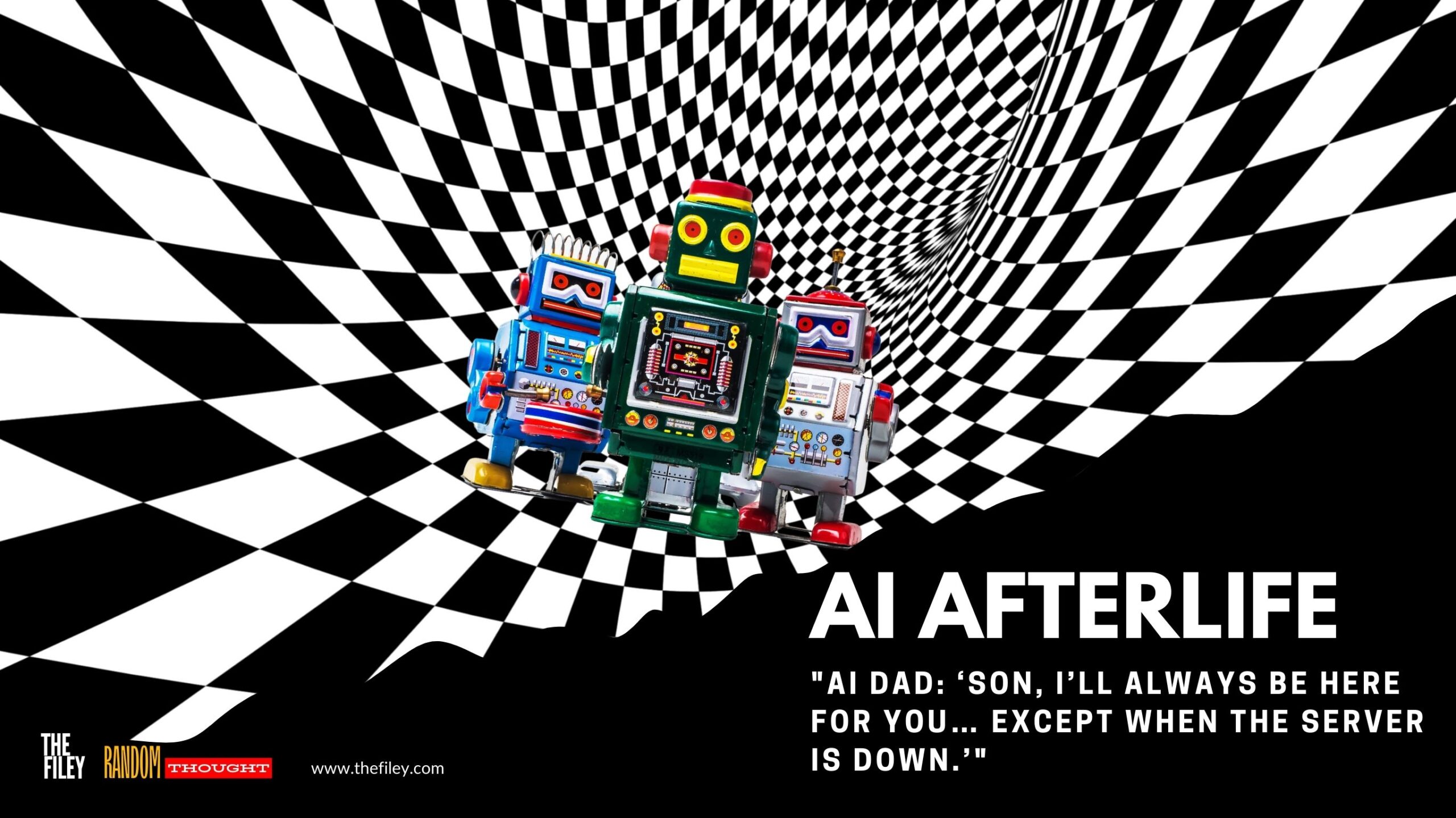This article explores the fragile foundation of billionaire power, how economies evolve beyond dependency on the ultra-rich, and what businesses can learn from this impending shift.
In a world driven by capitalism, billionaires are often portrayed as the pinnacle of success—masters of the economy, wielders of influence, and architects of industries. Yet, their greatest fear is not losing money; it is irrelevance. The real nightmare for the ultra-wealthy is an economy where people no longer rely on their companies, their innovations, or even their wealth.
The Myth of Invincibility in Business
Most billionaires operate under the illusion that their wealth ensures their survival in the economy. They invest, expand, and innovate—not just to grow their fortune, but to ensure their continued relevance. However, history has shown that no business empire is immune to disruption.
- The Robber Barons of the 19th century—Rockefeller, Carnegie, and Vanderbilt—built industries that seemed unshakable, yet today, monopolies on oil, steel, and railroads are fragmented.
- The dot-com bubble of the late 90s wiped out many seemingly invincible tech moguls.
- Even retail giants like Sears, once untouchable, collapsed as e-commerce reshaped consumer habits.
A billionaire’s true wealth lies not in their bank balance but in the ecosystem of dependence they create. When that ecosystem crumbles, their power disappears overnight.
What Happens When People No Longer Need Billionaires?
The biggest threat to billionaires is not taxation, regulation, or economic downturns—it’s an economy where their products and services become obsolete or where the system itself outgrows its dependence on them.
1. Decentralization of Wealth and Power
In a traditional capitalist economy, the rich stay rich by controlling access to resources—whether it’s information, supply chains, or financial capital. But with advancements like blockchain, decentralized finance, and peer-to-peer systems, people no longer need centralized economic gatekeepers.
- Cryptocurrency threatens traditional banking structures owned by the ultra-rich.
- Decentralized businesses remove the need for billionaire-backed corporations by enabling individuals to transact without middlemen.
- Open-source innovations allow people to develop without relying on big corporations.
If the public can create, trade, and operate independently, billionaires lose control over the very economy that sustains them.
2. Automation and the Death of Labor Dependency
A billionaire’s business model often relies on a workforce that depends on them. However, the rise of artificial intelligence, automation, and robotics poses an ironic problem:
- If AI replaces human workers, companies won’t have consumers with disposable income to buy their products.
- If automation reduces the need for workers, mass layoffs will shrink the consumer base, leading to economic collapse.
- If small businesses automate, they won’t need the infrastructure of billionaire-backed corporations to scale.
The rich have always relied on the masses needing employment. If an economy arises where people don’t need traditional jobs, billionaires will be left with industries that have no customers.
3. The Shift from Consumerism to Self-Sufficiency
Billionaire-led businesses thrive on consumer dependence. But what if people stopped consuming at the levels required to maintain their empires?
- The rise of sustainability and local economies means people can grow their own food, produce their own energy, and manufacture their own goods.
- Minimalist lifestyles and anti-consumerism movements reduce unnecessary spending, weakening corporate revenue.
- Shared economies (co-living, co-working, co-ownership) eliminate the need for constant buying and accumulating, reducing demand for billionaire-owned businesses.
If the economy shifts from high consumerism to sustainability, billionaires will struggle to maintain their wealth.
What Businesses Can Learn from This Shift
The lesson for businesses is clear: relevance is more important than dominance. As the economic landscape changes, businesses must focus on adaptability, innovation, and ethical leadership rather than sheer market control.
1. Build Businesses That Empower, Not Exploit
Companies that focus on empowering people rather than creating dependency will survive in a decentralized economy. Instead of making people reliant on products, the future belongs to businesses that help individuals create their own solutions.
2. Focus on Ethical and Sustainable Models
A shift away from mass consumerism doesn’t mean business is dead—it means companies must adapt to conscious consumerism. Sustainability, ethical sourcing, and purpose-driven businesses will thrive, while exploitative models will collapse.
3. Innovate Beyond Traditional Economic Structures
Businesses that cling to old systems will fall. Instead of fearing decentralization, companies should integrate blockchain, AI, and automation in ways that benefit society rather than just maximizing profits.
4. Prepare for a World Without Billionaire Control
Instead of relying on a few ultra-wealthy figures to drive the economy, businesses must build ecosystems where success is distributed. Companies that operate on shared ownership, cooperative business models, and community-driven development will thrive in the coming economic shift.
Conclusion: The Future Economy Won’t Need Billionaires
Billionaires have always feared losing their wealth. But the real fear isn’t poverty—it’s irrelevance. As economies move towards decentralization, automation, and sustainability, the traditional billionaire’s role is diminishing.
For businesses, the future lies in adapting to new economic models rather than clinging to outdated power structures. The next wave of successful enterprises won’t be built on monopoly or exploitation, but on empowerment, innovation, and shared prosperity.
And for the billionaires still clinging to power? They’d better start learning how to be useful in an economy where people no longer need them.














